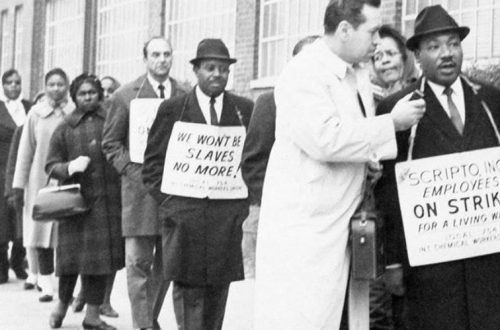The electricians’ dispute has ended in defeat for those trying to implement a new pay regime, the Building Engineering Services National Agreement, which would have meant semi-skilled jobs were paid at a lower rate, leading to pay cuts (it was feared) of up to 30% for skilled workers. Several companies had broken away from the JIB national agreement, leading to months of unrest. As this post reports:
On Thursday news came that Unite had won the court case against the biggest firm Balfour Beatty, allowing strike action to go ahead.
On Friday Balfour Beatty announced they were pulling out of the Besna agreement.
The sparks then turned their protests to NG Baileys, who announced on Thursday that they too were quitting Besna.
On Thursday the remaining firms caved.
You can read more about why the electricians objected to BESNA here.
I reported briefly in this post that a judge had overturned Balfour Beatty’s attempt to have the strike action ruled illegal. Here is a fuller analysis of this significant ruling.
Justice Eady noted:
“It is also important not to approach the statutory requirements and disciplines of the balloting procedures in a way which leads to rigidity. It is clear that Parliament intended that the practical realities should be taken into account and, in particular, the difficulties from a trade union’s point of view of maintaining records of members which are completely accurate and up to date. …
“Unite have gone to painstaking (and no doubt also time-consuming and expensive) lengths to verify the information in their possession.”
This is an important issue, and relates a post I wrote back in 2010 about a similar ruling in relation to the BA strike, and the strange lack of support for the Lawful Industrial Action (Minor Errors) Bill.
Hat Tip: Shiraz Socialist
